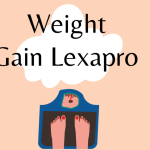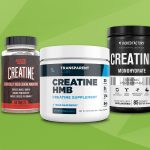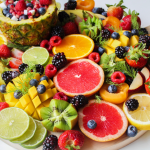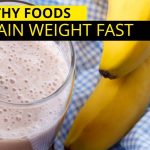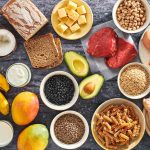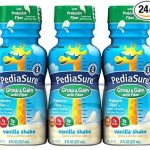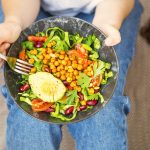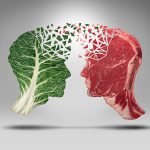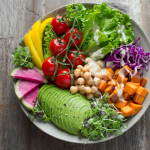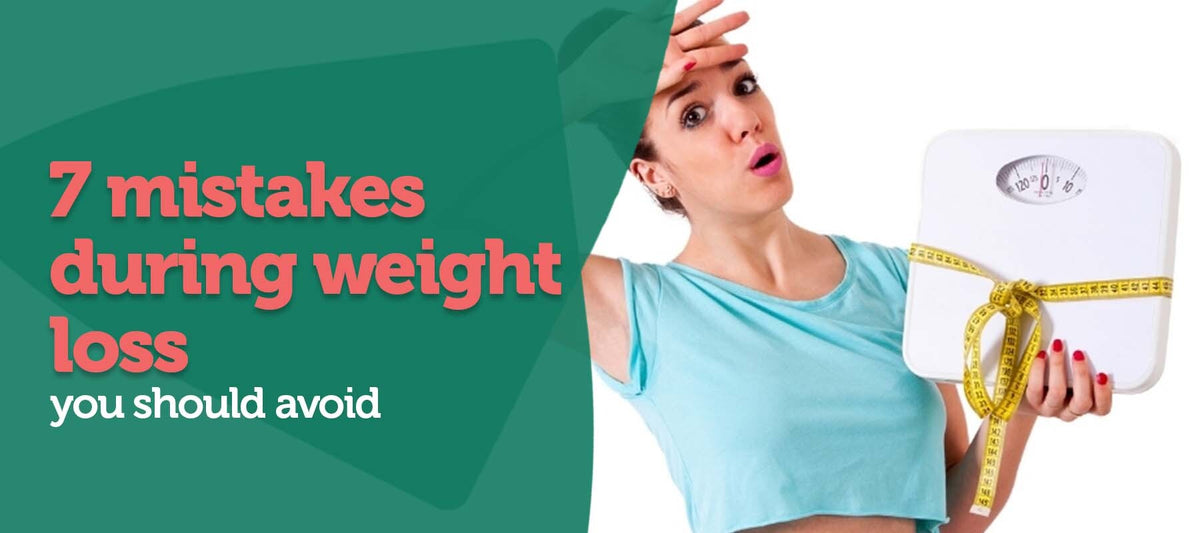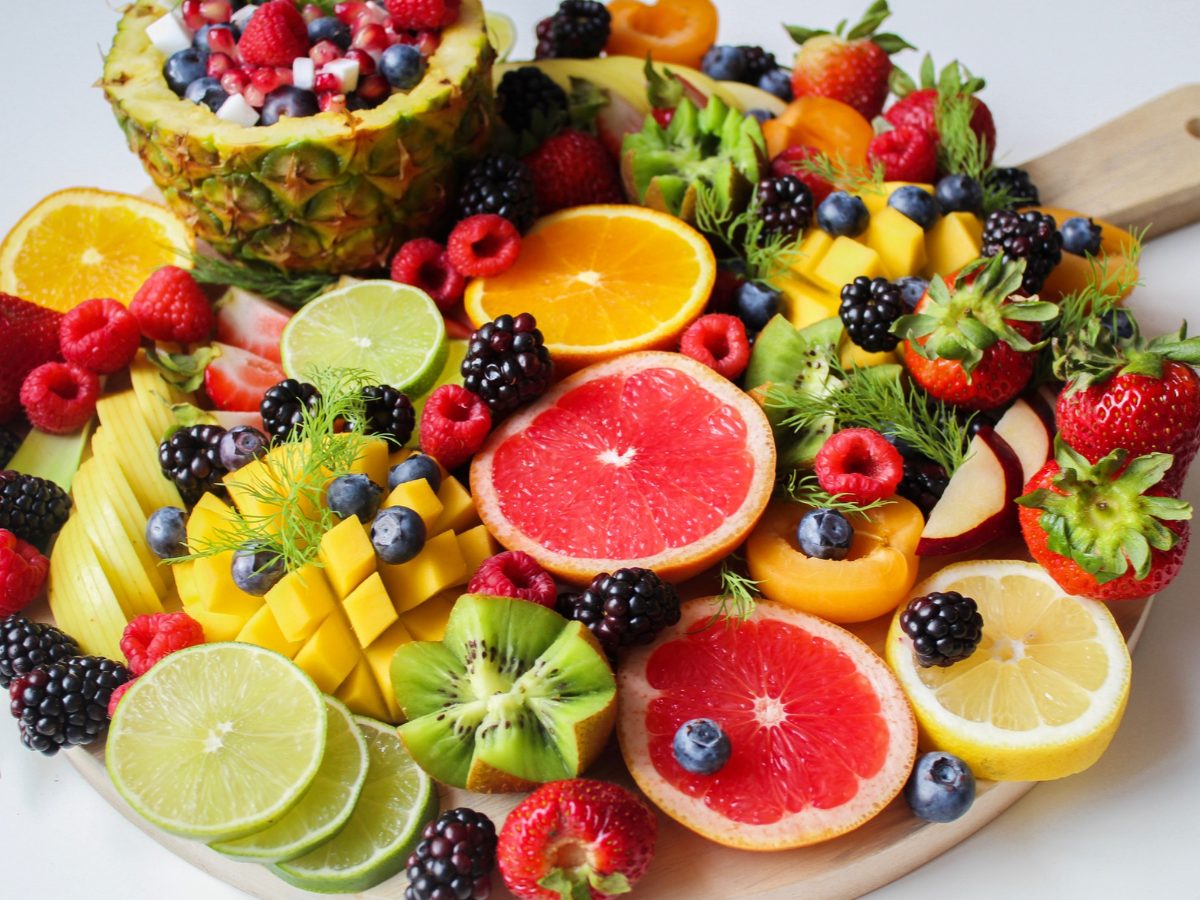
A healthy weight is crucial for a baby’s overall growth and development. During the first year of life, babies grow and gain weight rapidly, and achieving a healthy weight is essential to ensure that they develop properly.
Several factors can impact a baby’s weight gain, including genetics, feeding practices, and physical activity levels. Babies who don’t gain enough weight may be at risk for developmental delays, poor growth, and other health issues.
The purpose of this article is to provide parents and caregivers with tips and guidelines for a weight gain diet for a one-year-old baby. We’ll discuss the nutritional needs of one-year-olds, foods to include in a weight gain diet, tips for feeding a one-year-old, and provide a sample meal plan. By following these recommendations, you can help your baby achieve a healthy weight and thrive during this critical period of development.
Nutritional Needs of a One-Year-Old Baby
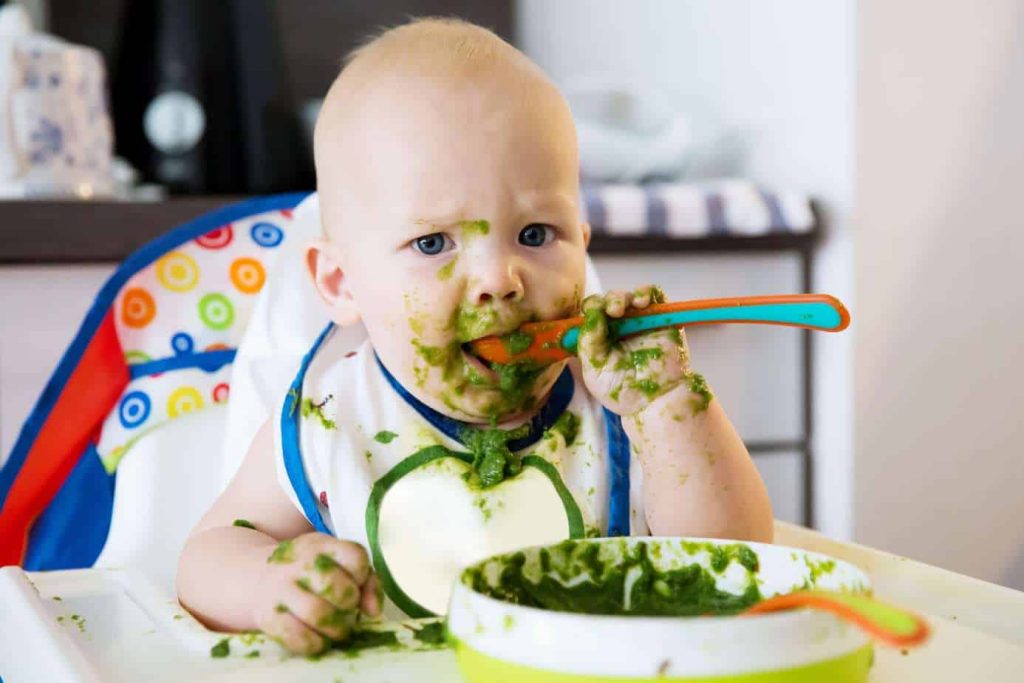
One-year-olds require a balanced and nutrient-rich diet to support their growth and development. Here are some important points to keep in mind:
- Recommended Daily Calorie Intake
One-year-olds typically require around 900 to 1,000 calories per day, depending on their size and activity level. This calorie intake should come from a variety of nutrient-dense foods to ensure that they get all the necessary nutrients for growth and development.
- Balanced Nutrition
It’s essential to provide a balance of macronutrients (carbohydrates, protein, and fat) and micronutrients (vitamins and minerals) to support the baby’s overall health. Carbohydrates provide energy, protein is essential for growth and development, and healthy fats are necessary for brain and nervous system development.
- Nutrient-Rich Foods
Some examples of nutrient-rich foods that should be included in a baby’s diet are fruits, vegetables, whole grains, lean proteins, and healthy fats. These foods provide essential vitamins, minerals, and antioxidants that support the baby’s immune system, cognitive development, and overall health.
It’s essential to consult a pediatrician or registered dietitian to ensure that your baby is getting the proper nutrition based on their individual needs and development. By providing a balanced and nutrient-rich diet, you can help your baby achieve a healthy weight and thrive during this critical period of development.
Foods to Include in a Weight Gain Diet for a One-Year-Old Baby
When it comes to a weight gain diet for a one-year-old baby, it’s essential to include both high-calorie foods and nutrient-dense foods. Here are some suggestions:
- High-Calorie Foods
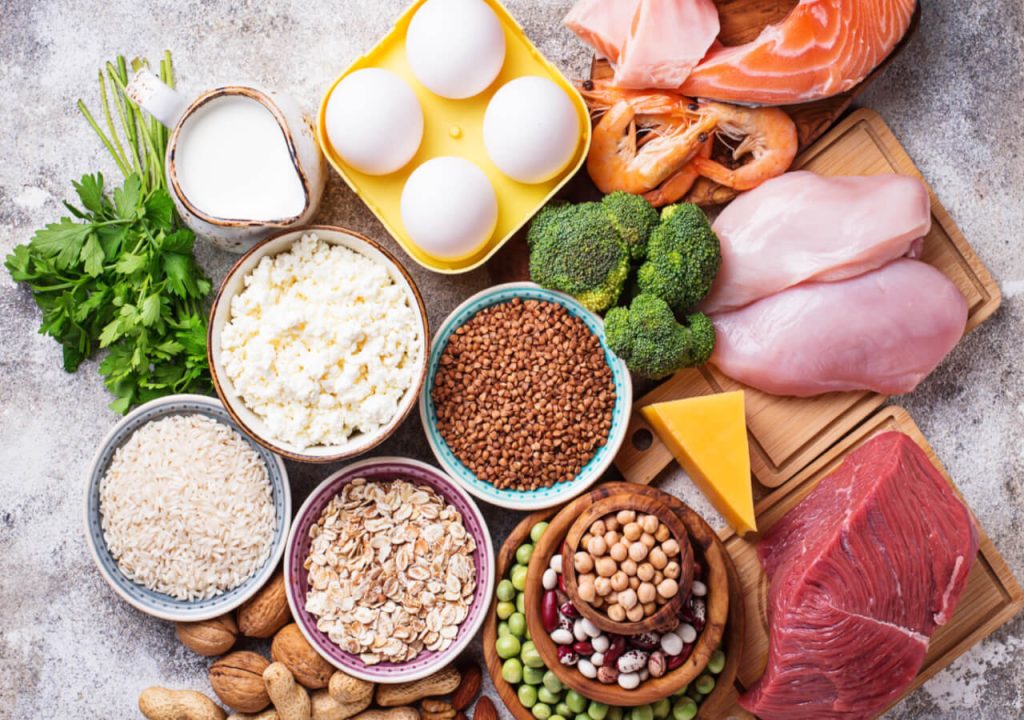
Avocado, nut butters, cheese, whole milk yogurt, and full-fat cottage cheese are all high in calories and healthy fats that can help boost weight gain.
- Nutrient-Dense Foods
Fruits and vegetables like bananas, sweet potatoes, and peas are high in essential vitamins and minerals. Whole grains like brown rice, quinoa, and whole wheat bread are rich in fiber and other nutrients.
- Easy to Prepare Foods
Some examples of easy-to-prepare foods that are appropriate for one-year-olds include oatmeal, scrambled eggs, steamed vegetables, and small pieces of cooked chicken or fish. Soft fruits like bananas and peaches are also easy to prepare and great for snacking.
It’s important to introduce new foods gradually and to pay attention to your baby’s preferences and reactions. By providing a variety of high-calorie and nutrient-dense foods, you can ensure that your baby is getting the proper nutrition to support healthy weight gain and overall development.
Tips for Feeding a One-Year-Old Baby
Feeding a one-year-old can be challenging, but there are some tips and strategies that can help. Here are some suggestions:
- Portion Sizes and Frequency of Meals and Snacks
One-year-olds typically require three meals and two snacks per day. Portion sizes should be appropriate for the child’s size and activity level, and snacks should be healthy and nutrient-dense. Offer water or whole milk with meals and snacks.
- Introducing New Foods and Flavors
Introduce new foods gradually and offer them alongside familiar foods. It can take up to 10-15 tries before a baby accepts a new food, so don’t give up if your baby initially refuses. Offer a variety of textures and flavors to help expand your baby’s palate.
- Common Feeding Challenges
One-year-olds may become picky eaters, refuse certain foods, or want to feed themselves. To overcome these challenges, offer a variety of healthy options, be patient, and encourage your baby to try new foods. Let your baby feed themselves as much as possible, and offer finger foods that are easy to pick up and eat.
By following these tips and strategies, you can ensure that your baby is getting the proper nutrition and developing healthy eating habits. Don’t hesitate to consult a pediatrician or registered dietitian for additional guidance and support.
Sample Meal Plan for a Weight Gain Diet for a One-Year-Old Baby
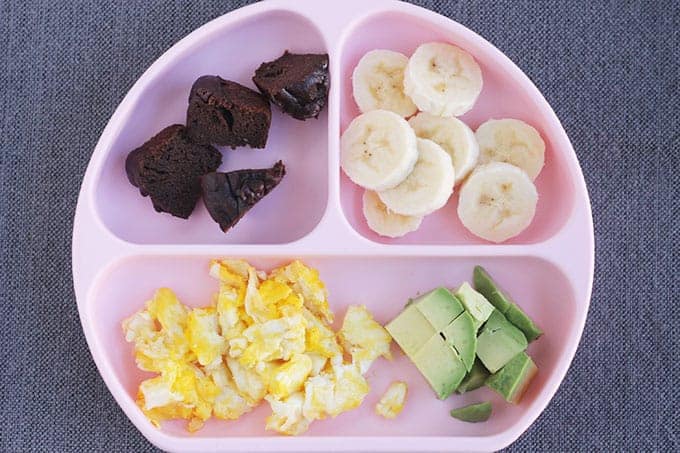
Here is an example of a one-day meal plan that incorporates high-calorie and nutrient-dense foods to support healthy weight gain:
Breakfast: Oatmeal cooked with whole milk and mashed banana, topped with a spoonful of nut butter.
Snack: Sliced avocado sprinkled with a pinch of sea salt.
Lunch: Grilled cheese sandwich made with whole wheat bread and full-fat cheese, served with steamed broccoli and sliced peaches.
Snack: Whole milk yogurt with diced strawberries and a sprinkle of cinnamon.
Dinner: Baked sweet potato topped with cooked ground beef or turkey, diced tomato, and shredded cheese. Steamed green beans on the side.
Suggestions for variations and substitutions based on preferences and availability.
This meal plan is just an example, and there are many variations and substitutions that can be made based on your baby’s preferences and the availability of ingredients. For example, if your baby doesn’t like avocado, you could offer mashed banana or soft-cooked carrots as a snack instead. If your baby is allergic to nuts, you could use sunflower seed butter instead of nut butter.
It’s important to consult a pediatrician or registered dietitian before making significant changes to a baby’s diet. They can provide guidance on appropriate portion sizes, nutrient requirements, and potential food allergies or sensitivities.
Conclusion
In this article, we’ve discussed the importance of a healthy weight for babies, factors that can affect a baby’s weight gain, and provided tips and guidelines for a weight gain diet for a one-year-old baby. We’ve also covered the nutritional needs of a one-year-old baby, foods to include in a weight gain diet, tips for feeding a one-year-old, and provided a sample meal plan.
Remember to consult a pediatrician or registered dietitian before making significant changes to your baby’s diet. They can provide guidance on appropriate portion sizes, nutrient requirements, and potential food allergies or sensitivities.
By following these tips and strategies, you can ensure that your baby is getting the proper nutrition and developing healthy eating habits. With proper nutrition and care, your baby can grow and thrive to reach their full potential.
Are you also looking for materials on how to gain healthy weight? Check out this article on the ultimate guide to weight gain with the right foods.
Frequently Asked Questions
- How often should I feed my one-year-old baby?
A one-year-old baby should have three meals a day, with two to three snacks in between meals. Offer a variety of foods from each food group and follow your baby’s hunger and fullness cues.
- Are there any foods that I should avoid giving to my one-year-old baby?
Yes, there are certain foods that should be avoided or limited in a one-year-old’s diet, including honey, cow’s milk as a main drink (small amounts in cooking are fine), raw or undercooked eggs, and foods that are choking hazards such as whole grapes, nuts, and popcorn.
- How can I tell if my baby is getting enough nutrients from their diet?
A healthy one-year-old baby should be growing at a steady rate and meeting developmental milestones. If you’re concerned that your baby is not getting enough nutrients, consult with your pediatrician or a registered dietitian. They can evaluate your baby’s growth and provide guidance on appropriate nutrition for their age and development.






